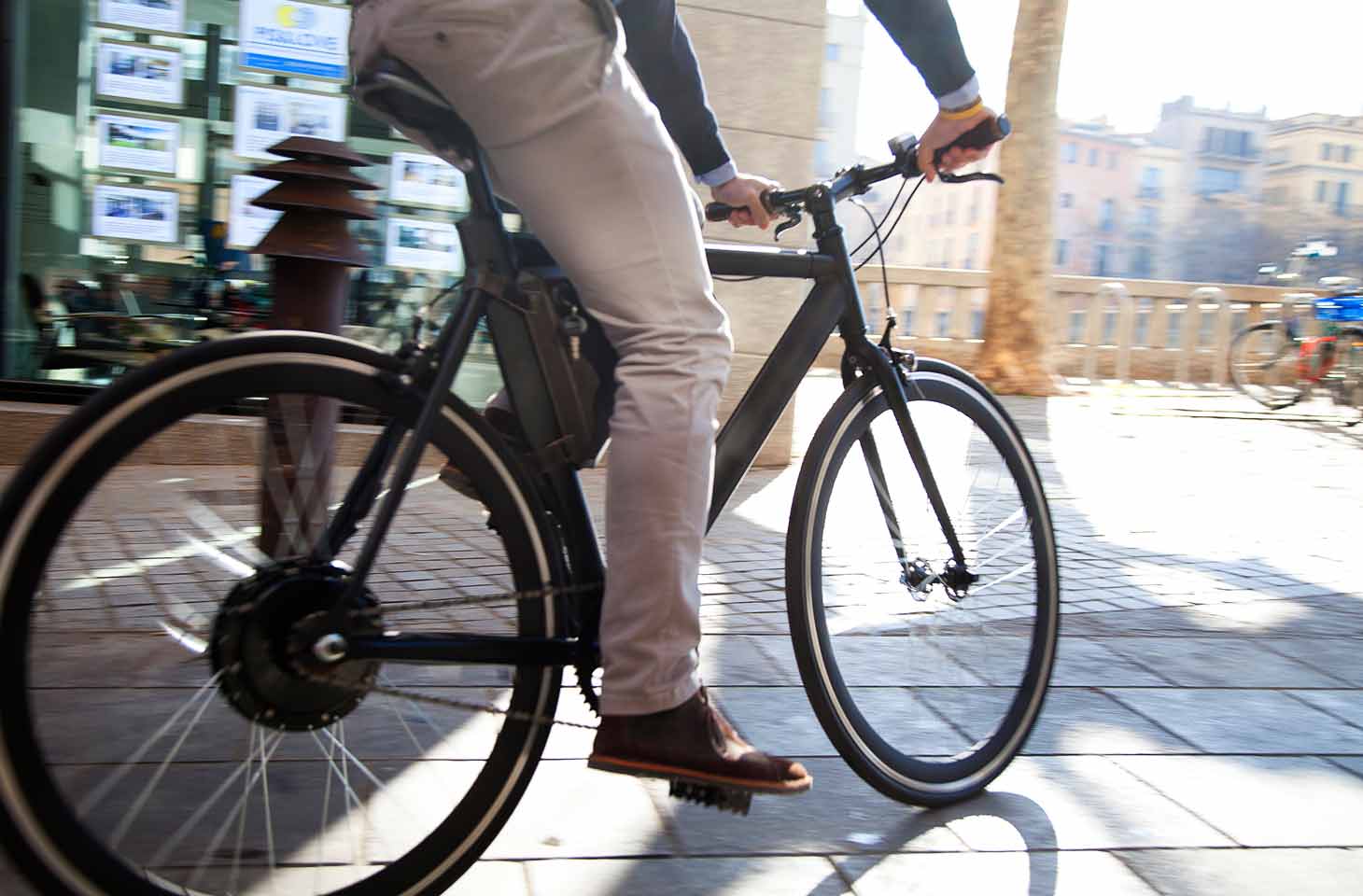How might the mobility of the future look like? Consileon has set itself the task of discussing this. Traditional mobility concepts are increasingly being questioned and met with criticism. In cities in particular, new urban planning concepts are being devised and space for cars is increasingly being reduced.
For the e-bike sector, Consileon has therefore been working more intensively on the innovative mobility concept Battery-as-a-Service (BaaS), which focuses on the development of a charging infrastructure for e-bikes in city centres and can thus be an important driver of this mobility turnaround. At a so-called battery hub, empty batteries can be quickly and easily exchanged for full ones in just 20 seconds. Empty batteries are recharged so that the next biker can use them. This concept has already been implemented by some e-scooter manufacturers, but has not yet entered the broad e-bike market.
New mobility concept with benefits for cities and residents
The concept brings a number of benefits for customer experience, environment and health. The customer no longer has to worry about how high the charge status of his e-bike is. As soon as the battery falls below a critical threshold, the e-biker is informed via app and guided to the next available battery. The concept also makes it easy to collect and recycle defective batteries. This and the reduced greenhouse gas emissions can support the transition to a sustainable circular economy. There are also health benefits for local residents through reduced emissions, noise pollution and exercise.
Could Battery-as-a-Service be part of future city mobility?
Consileon would like to discuss these and other questions with you?




